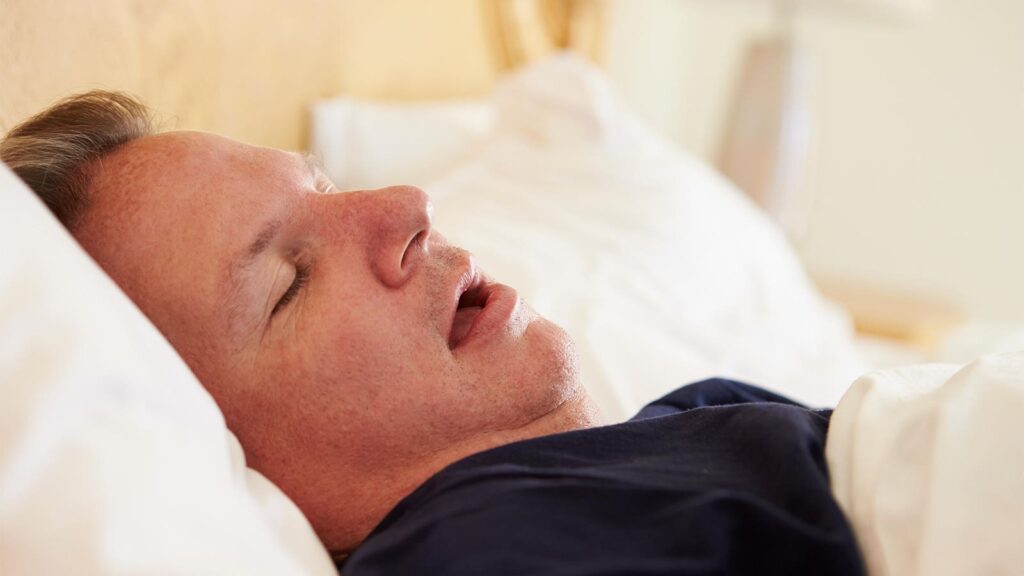Memory and cognitive symptoms were tied to self-reported sleep apnea, cross-sectional data from the National Health and Nutrition Examination Survey (NHANES) showed.
In a survey of more than 4,200 U.S. adults, those who reported sleep apnea symptoms had greater odds of also reporting memory or cognitive symptoms (OR 1.88, 95% CI 1.48-2.37, P<0.001), said Dominique Low, MD, MPH, of Boston Medical Center, in an abstract released in advance of the American Academy of Neurology annual meeting.
“Sleep apnea is a common disorder that is often underdiagnosed, yet treatments are available,” Low said in a news release.
“These findings highlight the importance of early screening for sleep apnea,” she added. “Effective treatments like continuous positive airway pressure [CPAP] machines are readily available.”
Relationships between sleep and cognition are well-studied and appear to be complex. In 2023, a pooled analysis of sleep studies in nearly 6,000 adults showed that better sleep consolidation and the absence of sleep apnea were associated with better global cognition over 5 years.
In another 2023 study, sleep-disordered breathing was tied to medial temporal lobe volumes in amyloid-positive older adults who were cognitively unimpaired.
Prior research also has shown a bidirectional relationship between dementia and sleep that may span decades.
In her analysis, Low analyzed data from 4,257 people over age 20 in the CDC’s 2017-18 NHANES cohort. Participants completed questionnaires that assessed sleep, memory, cognition, and decision-making abilities.
People who reported snorting, gasping, or breathing pauses during sleep were classified as having sleep apnea symptoms. Those who reported difficulty remembering, periods of confusion, difficulty concentrating, or decision-making problems were classified as having memory or cognitive symptoms.
The relationship between sleep apnea symptoms and memory or cognitive symptoms remained significant after adjusting for age, sex, race, and education (OR 2.2, 95% CI 1.58-2.59, P<0.001), Low said.
“These findings support the importance of early screening and intervention for sleep apnea and suggest a relationship between sleep apnea and cognitive function, an area of increasing public health importance,” she wrote.
“Given the prevalent underdiagnosis and undertreatment of sleep apnea, proactive measures in screening and managing sleep apnea are needed,” she added.
The study had several limitations, she acknowledged. The findings came from one cross-sectional snapshot and did not follow people over time. All symptoms were self-reported and were not assessed by medical professionals. While the survey data showed positive associations, it could not determine whether sleep apnea causes cognitive decline.
“Further work should study the relationship between sleep apnea and cognitive impairment,” Low noted.
-
Judy George covers neurology and neuroscience news for MedPage Today, writing about brain aging, Alzheimer’s, dementia, MS, rare diseases, epilepsy, autism, headache, stroke, Parkinson’s, ALS, concussion, CTE, sleep, pain, and more. Follow
Primary Source
American Academy of Neurology
Source Reference: Low D “Sleep apnea symptoms are associated with memory and cognitive symptoms in a nationally-representative sample of U.S. adults” AAN 2024.
Please enable JavaScript to view the

